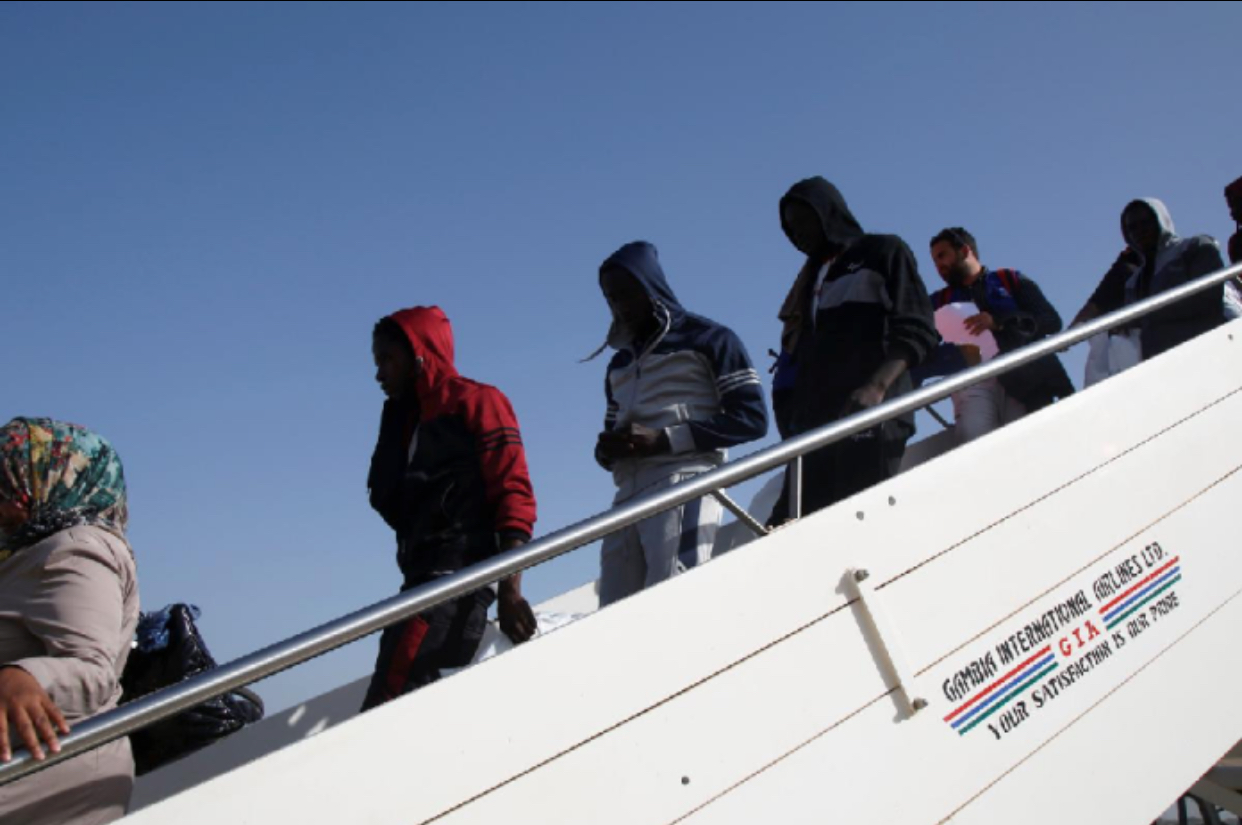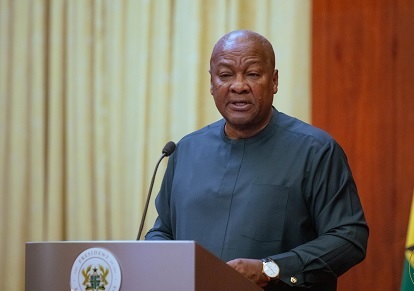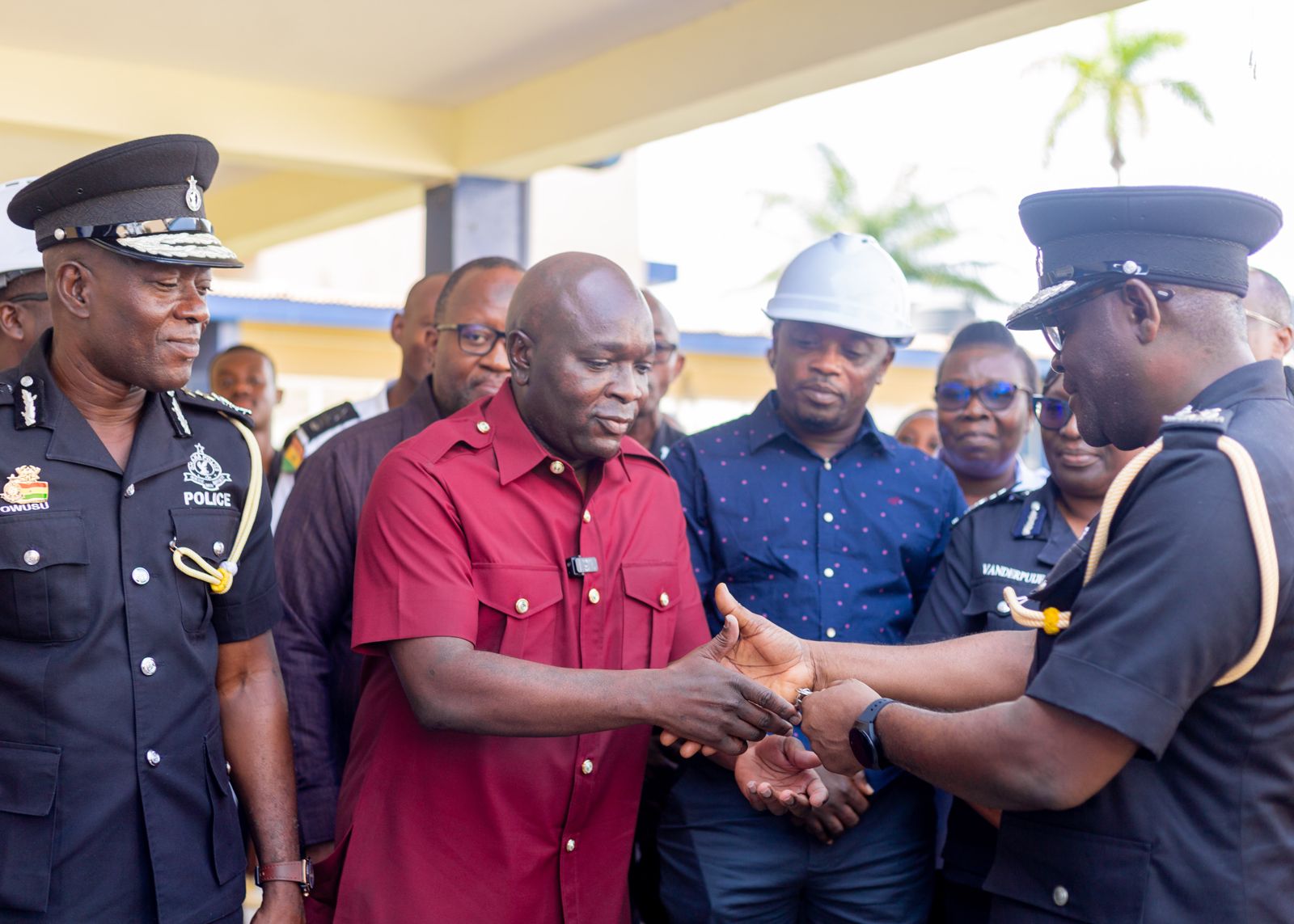The Minority in Parliament has accused government of breaching the Constitution in its handling of a deportation arrangement with the United States, warning that the deal poses serious risks to Ghana’s sovereignty and foreign policy posture.
Minority Spokesperson on Foreign Affairs, Samuel Abdulai Jinapor, raised the concern after President John Dramani Mahama confirmed at a recent media briefing that Ghana had agreed to receive 14 deportees from the US—most of them Nigerians, with one Gambian among them.
According to the president, government accepted the arrangement on the grounds that West African nationals do not require visas to enter Ghana under ECOWAS protocols.
“We were approached by the US to accept third-party nationals who were being removed from the US, and then we agreed with them that West African nationals were acceptable,” President Mahama said.
But Mr. Jinapor argued that the deal violates Article 75 of the 1992 Constitution, which requires parliamentary approval for all treaties, agreements, or conventions entered into under the authority of the president. He cited Supreme Court rulings in Banful v Attorney General and Brogya Gyamfi v Attorney-General, which reaffirm this constitutional obligation.
“The purported agreement with the United States clearly falls within the scope of Article 75 of our Constitution, as it imposes specific obligations on Ghana regarding such deportees,” the Damongo MP stated. He added that government’s decision was particularly troubling given the 2016 controversy over the admission of two Yemeni detainees from Guantanamo Bay, which the Supreme Court later ruled unconstitutional.
Beyond constitutional breaches, Mr. Jinapor said the agreement raises sovereignty, security, and diplomatic concerns. While Ghana values regional integration, he noted, the ECOWAS protocol on free movement applies to voluntary travel—not forced deportations arranged by a non-ECOWAS country.
He warned that aligning with the US deportation regime, which has faced international criticism as discriminatory, risks undermining Ghana’s reputation as a principled and non-aligned state.
“The Ghanaian people deserve transparency and accountability on a matter that so directly implicates our sovereignty, our constitutional order, and our foreign policy,” he insisted.
The Minority is demanding full disclosure of when the agreement with the US was reached, whether it was presented to Parliament, and the safeguards in place to protect Ghana’s security. They are also calling for the immediate suspension of the deal until the House exercises its constitutional mandate.
“No future agreements of this nature must be implemented without prior parliamentary ratification,” Mr. Jinapor stressed, reaffirming the Minority’s commitment to holding government accountable on matters of sovereignty and foreign relations.














